European Commission reviews Kosovo progress
The European Commission (EC) says that the Kosovo government has completed many of its most important tasks.
Tuesday, 06.11.2007.
10:34

The European Commission (EC) says that the Kosovo government has completed many of its most important tasks. However, according to an EC report seen by the Beta news, organized crime continues to be the province’s greatest challenge. European Commission reviews Kosovo progress The Commission for EU Enlargement Strategies report states that “Kosovo’s status dominates its policies.” “Kosovo’s political parties have participated in the province’s status process and have cooperated with the international community and the EU Planning Team for Status Implementation, in accordance with the package presented by the UN Secretary General’s envoy.” The EC states that “general stability has been maintained, as far as democracy and the rule of law are concerned,” and that the Pristina coalition government has operated without problems, and is still “improving its capacity for public administration.” The report also states that “relations between Kosovo Albanians and Serbs are still tense,” and that “the greatest challenges for Kosovo are legal, and include combating corruption and organized crime, as well as strengthening dialogue between communities.” It is also mentioned that “progress is small in the fields of human rights and minority protection,” and that, with pressures on free speech and media, “minorities and other endangered groups are facing limited freedom to assemble.” “Religious freedom has not been completely implemented, attacks on religious buildings continue, and investigations end with no result,” the EC stated. “Little progress has been made in the return of displaced persons and refugees. Integration and returnee protection are not fully functioning,” the report adds. The analysis states that “there is still a weak and unstable judicial system, though steps have been taken to introduce the necessary structures” in order for UNMIK to implement the authority entrusted to it. “Economic progress in Kosovo is still seriously hampered,” and “because of political instability, the capacities for production and infrastructure are limited. The greatest concern is the high unemployment rate.” As far as European economic standards are concerned, “Kosovo has made little progress in implementing the functionality of the market economy.”
European Commission reviews Kosovo progress
The Commission for EU Enlargement Strategies report states that “Kosovo’s status dominates its policies.”“Kosovo’s political parties have participated in the province’s status process and have cooperated with the international community and the EU Planning Team for Status Implementation, in accordance with the package presented by the UN Secretary General’s envoy.”
The EC states that “general stability has been maintained, as far as democracy and the rule of law are concerned,” and that the Priština coalition government has operated without problems, and is still “improving its capacity for public administration.”
The report also states that “relations between Kosovo Albanians and Serbs are still tense,” and that “the greatest challenges for Kosovo are legal, and include combating corruption and organized crime, as well as strengthening dialogue between communities.”
It is also mentioned that “progress is small in the fields of human rights and minority protection,” and that, with pressures on free speech and media, “minorities and other endangered groups are facing limited freedom to assemble.”
“Religious freedom has not been completely implemented, attacks on religious buildings continue, and investigations end with no result,” the EC stated.
“Little progress has been made in the return of displaced persons and refugees. Integration and returnee protection are not fully functioning,” the report adds.
The analysis states that “there is still a weak and unstable judicial system, though steps have been taken to introduce the necessary structures” in order for UNMIK to implement the authority entrusted to it.
“Economic progress in Kosovo is still seriously hampered,” and “because of political instability, the capacities for production and infrastructure are limited. The greatest concern is the high unemployment rate.”
As far as European economic standards are concerned, “Kosovo has made little progress in implementing the functionality of the market economy.”
















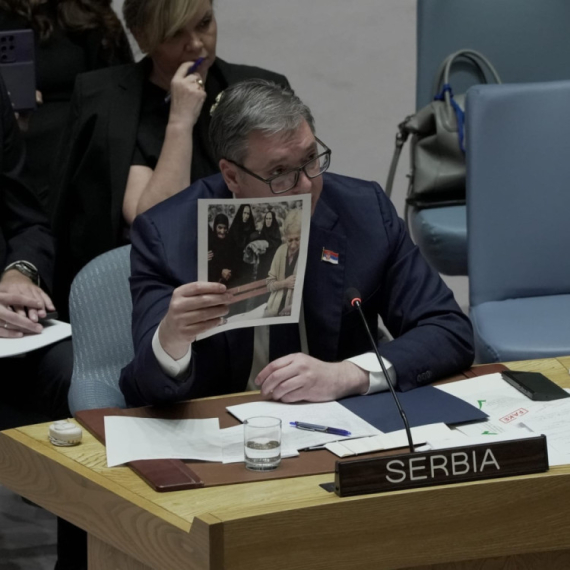
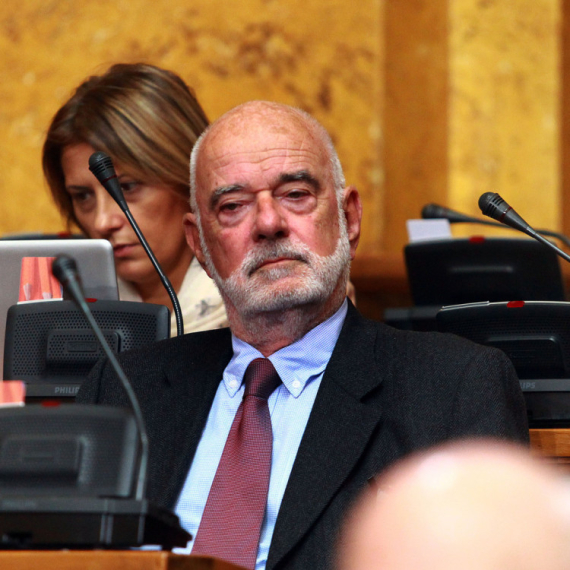























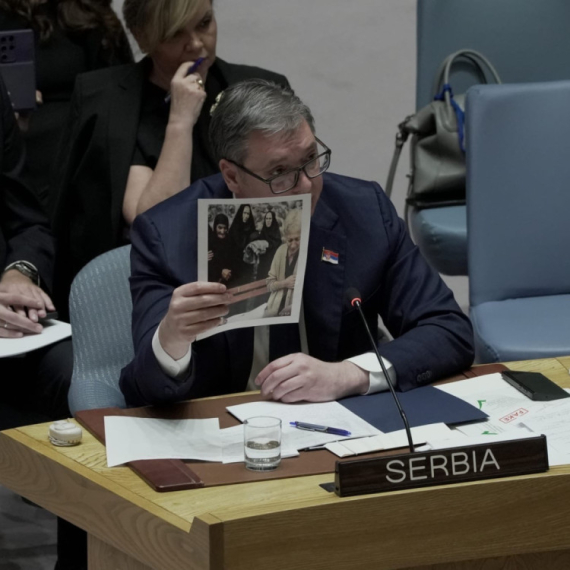











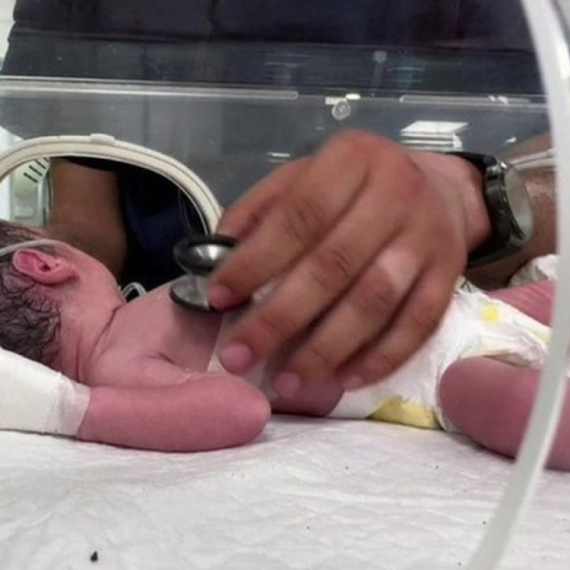

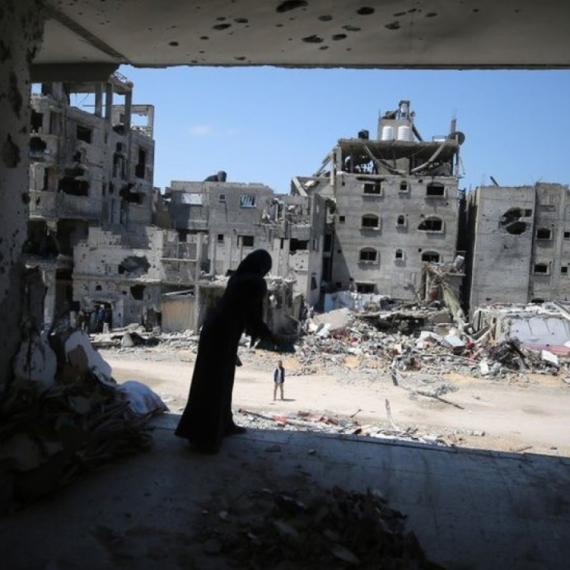
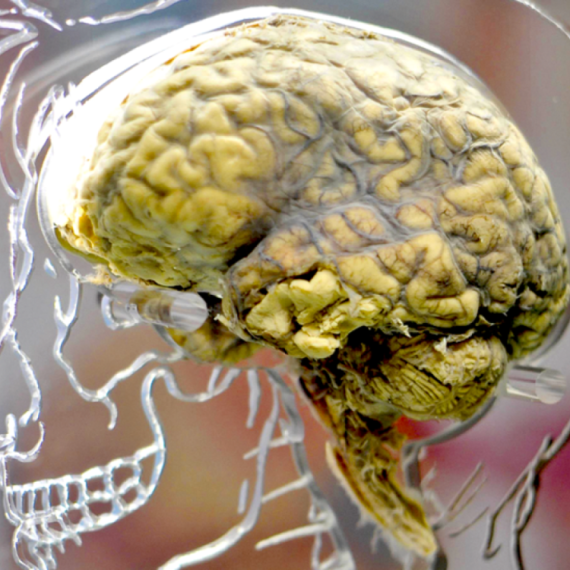

Komentari 14
Pogledaj komentare